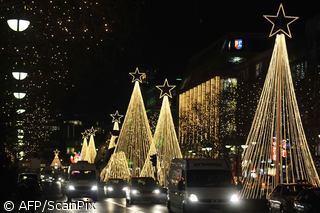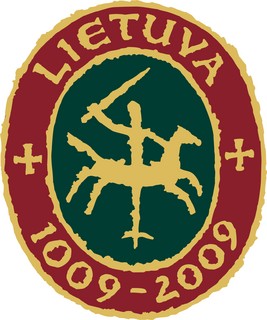Millions of Russian-speaking former citizens of the Soviet Union play a key part in the Russian economy by sending billions of rubles back to their own republics while they work in Russia
Published:
25 March 2003 y., Tuesday
Some of the workers build dachas in the Moscow region, while others drive trolleybuses in Moscow, sell vegetables in open markets or bring in the harvest in agricultural regions.
For the many families of these laborers, the paychecks are their key to survival. About a quarter of the households in Armenia and Azerbaijan are dependent on transfers from family members working in Russia, said Zhanna Zaionchkovskaya, head of the Academy of Sciences' Center for Migration Studies.
Families in other republics, including Georgia, Ukraine, Moldova and Tajikistan, also count on the money, but there are no reliable figures on the amounts involved, she said.
Nationalities Minister Vladimir Zorin said last year that 2 million Armenian and 1.5 million Azeri migrants are in Russia, while the next-largest groups are from Ukraine, Moldova and Tajikistan.
But most of the migrants are not registered in Russia, leaving them open to exploitation and extortion from employers and law-enforcement agencies.
Many of the workers are ethnic Russians unable to get citizenship since the government made it more difficult last year. Many have been living and working in the country for years. The law on foreigners, introduced in November, is intended to either legalize these workers or kick them out.
Šaltinis:
themoscowtimes.com
Copying, publishing, announcing any information from the News.lt portal without written permission of News.lt editorial office is prohibited.
The most popular articles
 EU testing shows serious risk of shocks and fire in many lights. Stay safe – turn them off when you go to bed or leave the house.
more »
EU testing shows serious risk of shocks and fire in many lights. Stay safe – turn them off when you go to bed or leave the house.
more »
 The European Parliament has a close relationship with African, Caribbean and Pacific (ACP) states and during the 18th ACP/EU Joint Parliamentary Assembly in Angola, MEPs took time to visit the new city of Kilamba Kiaxi, south of Luanda, where 20,000 apartments are being built.
more »
The European Parliament has a close relationship with African, Caribbean and Pacific (ACP) states and during the 18th ACP/EU Joint Parliamentary Assembly in Angola, MEPs took time to visit the new city of Kilamba Kiaxi, south of Luanda, where 20,000 apartments are being built.
more »
 Everyone can fight climate change by not eating meat one day a week, urged Sir Paul McCartney at a European Parliament public hearing on "Global Warming and Food Policy: Less Meat = Less Heat" on Thursday.
more »
Everyone can fight climate change by not eating meat one day a week, urged Sir Paul McCartney at a European Parliament public hearing on "Global Warming and Food Policy: Less Meat = Less Heat" on Thursday.
more »
 Movies of Lithuanian cinema were demonstrated in the Supreme Headquarters Allied Powers Europe (SHAPE) near Mons (Belgium) from November 9 to 11.
more »
Movies of Lithuanian cinema were demonstrated in the Supreme Headquarters Allied Powers Europe (SHAPE) near Mons (Belgium) from November 9 to 11.
more »
 30% of Christmas lights present an obvious and direct risk of fire and electric shocks according to a new report published today by the European Commission.
more »
30% of Christmas lights present an obvious and direct risk of fire and electric shocks according to a new report published today by the European Commission.
more »
 Irish national TV Europe correspondent, Tony Connelly launched his new book “Don't mention the Wars: A Journey Through European Stereotypes” at European Union House, Dublin, on 25 November 2009.
more »
Irish national TV Europe correspondent, Tony Connelly launched his new book “Don't mention the Wars: A Journey Through European Stereotypes” at European Union House, Dublin, on 25 November 2009.
more »
 A wedding for a man and woman in Southern Peru clearly didn't count on the attendance of at least two guests-- family members of the groom's current wife.
more »
A wedding for a man and woman in Southern Peru clearly didn't count on the attendance of at least two guests-- family members of the groom's current wife.
more »
 Day two of the Employment, Social Policy, Health and Consumer Affairs Council was primarily dedicated to health and public health issues.
more »
Day two of the Employment, Social Policy, Health and Consumer Affairs Council was primarily dedicated to health and public health issues.
more »
 A cold and rainy day in Madrid, Spain - at just degrees celsius not the best conditions for a naked demonstration.
more »
A cold and rainy day in Madrid, Spain - at just degrees celsius not the best conditions for a naked demonstration.
more »
 Today, the European Commission adopted a financial package of €275 million to support programmes to eradicate, control and monitor animal diseases in 2010.
more »
Today, the European Commission adopted a financial package of €275 million to support programmes to eradicate, control and monitor animal diseases in 2010.
more »